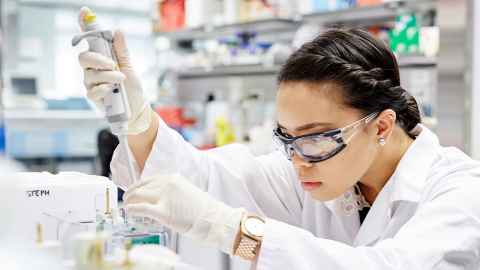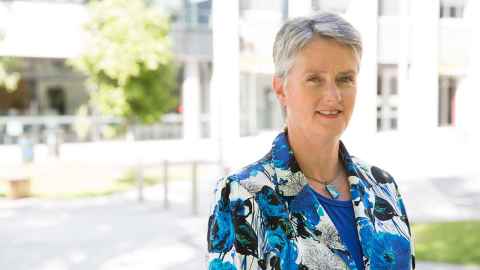
Treating fetal growth restriction, feeding preterm babies, understanding the composition of breast milk and more.
Watch videos
Improving life for kids with cerebral palsy, preventing low blood sugars in newborns: some of the ways we’re translating scientific discoveries into practice.
Find out more
How your DNA affects your long-term health and why your gut microbiome can be both a cause of and a treatment for obesity.
Discover more
How do our nutritional needs change as we age and is fish oil taken in pregnancy actually good for your baby?
Learn more
It starts with babies
Watch a special lecture with world-leading neonatologist Distinguished Professor Dame Jane Harding, who was made a Dame in the 2020 Queen’s Birthday Honours.

With four public lectures a year, sign up to the newsletter and you'll be the first to hear what's coming up next.
Subscribe now